When was the last time you had an extraordinary customer experience?
An experience that left you feeling so warm and fuzzy that you’d never consider spending your money with anyone else?
For me, it was with Nordstrom. Confession time: I’ve got a bit of a shopping problem, and Nordstrom is where I get my fix. Recently I placed an order for a few items online. In reviewing my order confirmation, I realized I selected a shipping address I haven’t lived at for years. I quickly got on live chat, and a representative assured me that the order had been updated and the package would be delivered to my current address. About a week later, I received an email saying my package had been delivered, but when I got home, the package was nowhere to be found.
Feeling fairly annoyed, I decided to call and was pleasantly surprised when I got through to a real live human in just a few seconds. +1 Nordstrom. I walked through the situation with the representative, and within a few moments, she said, “We dropped the ball. The address didn’t get updated. I’m sorry.” Did she just honestly and earnestly admit fault? +1 Nordstrom. She went on, “Let me look up all these items; we’re going to overnight them to you for free.” +1 Nordstrom. Then she stopped. “Oh no. This shirt is out of stock.” I told her it was OK, and they could just refund me for that item. She said, “I’m going to refund you for the shirt and put a $100 credit on your account.” Are you kidding me??? +5000 Nordstrom!!!
This conversation took no more than 5 minutes and left me with a literal tear in my eye, wanting to hug this woman through the phone because I felt so taken care of. Nordstrom took a loss on this order, but that’s not the point. In going the extra mile and always doing right by their customer, they earn customers for life. I shudder at the thought of how much I’ll spend with them in my lifetime.
I’ve been asking this question for the last couple of weeks and have enjoyed heartwarming stories about experiences with Southwest Airlines, Amazon, and Chick-fil-A, to name a few. And these are not just one-off stories. These companies are notorious for how well they treat their customers. But what do they all have in common? They are delivering exceptional B2C experiences.
Let me ask you another question: when was the last time you had an exceptional experience in a B2B SaaS environment? I’m imagining crickets chirping across my network. Ok… maybe that’s a little harsh, but I very rarely hear stories from delighted customers in this environment. Dave Blake said it really well last month at the CS100 Summit – too often in the B2B space, we are getting pathetic, ordinary experiences when we should be striving for authentic, extraordinary experiences.
Now, I’m not saying that executing an incredible B2B experience is as simple as hiring remarkably pleasant employees to serve remarkably delicious chicken at a fast food window. These are complex relationships, and we’re seeking to solve complex business problems. There are many people involved and many moving parts. Every person involved has different wants, needs, goals, initiatives, and definitions of “success.” Oh, and success is defined differently by every customer.
So, where do we even start to work towards delivering more authentic, extraordinary experiences to our customer base?
- Create a company-wide culture of success. It starts from within, and it starts at the TOP. Implement strategies that encourage everyone in your organization to behave in a more customer-centric way. For example, I spoke with a company in Boston that is compensating every single employee on net retention, not just the CS team. It doesn’t necessarily need to be through compensation, but the underlying sentiment should signal that we are all in the same boat, rowing together toward a common goal – Customer Success.
- Get crystal clear on what success means to every customer. We can’t make assumptions here! This needs to be communicated early and often and revisited as time goes by. Another company at CS100 shared a best practice of using a “Conditions of Success” document, which clearly articulates what success means to the customer, and is then physically signed off on by the vendor and the customer.
Look, we’re not always going to get it right. We are imperfect humans living in an imperfect world. At CS100, it was so humbling to hear a senior leader from one of the most impressive CS teams around say, “we are still failing our customers in so many ways.” I think we could all stand to cut ourselves a slice of humble pie. Can we collectively admit that we can do better? Can we collectively agree to hold ourselves to a higher standard?

